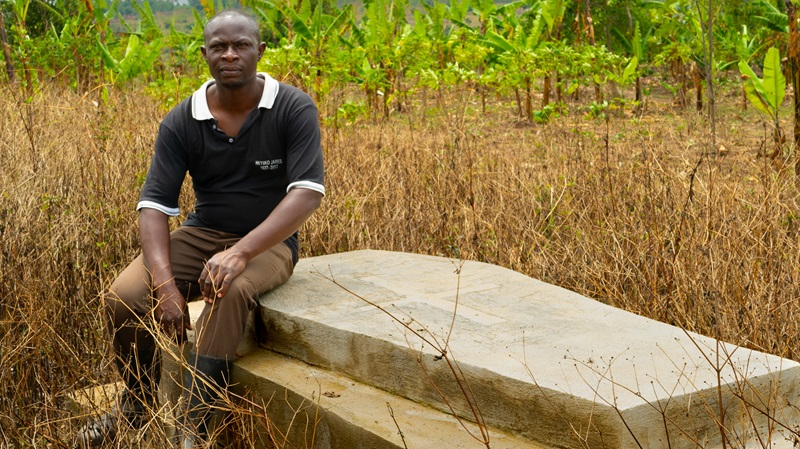To build the East African Crude Oil Pipeline, Total is moving over 2,000 graves in Uganda and Tanzania, with no respect for local customs
The East Africa Crude Oil Pipeline (Eacop) between Uganda and Tanzania has long been recognised as a project that will cause massive ecological and humanitarian harm in our countries
Now, a study by the multi-faith organisation GreenFaith has revealed a new dimension to Eacop’s misconduct in our region: disrespect for many of the more than 2,000 graves that are being displaced to make way for the 1,443-km long underground pipeline.
The investigation found that Total, the French oil and gas company leading the project, has caused damages while relocating graves.
It found they had revealed their indifferent disregard for the final resting places of the deceased members of our close families and extended community.
UK aid cuts leave Malawi vulnerable to droughts and cyclones
Often, the company showed a profound disrespect for the cultural and religious burial customs of the communities affected.
A prime example is the one of unmarked graves. These are common in rural East Africa, where some of our religious communities do not customarily mark graves while some
families lack the resources for grave markers.
However, this in no way diminishes the significance of the grave nor erases family memories of the graves’ locations.
Repeatedly, families informed Total or its subcontractors about the location of unmarked graves, urging them to respect the sites and relocate the graves. Their pleas were often ignored.
Offences against dignity
In one case, a Ugandan man was custodian for a site with 60 graves. As is customary there, the Muslim graves are low earthen mounds, while Christian graves are marked with brick or
concrete plinths.
Total refused to acknowledge the unmarked Muslim graves’ existence, despite the custodian pointing out the exact location of each and providing the name of every person buried there.
These offences against dignity would be one thing if it was hard for Total to verify the location of graves. But this is not the case. Corporations regularly use inexpensive, ground-penetrating
radar at infrastructure project sites.
Instead, Total is ignoring these graves and consciously risking desecrating graves during construction.
Another appalling finding was that families received inadequate compensation for the cost of grave relocation. Total underpaid for actual costs and, insultingly, supplied inferior quality
materials inconsistent with local standards.
Compensation has often come after years of delay, during which inflation rates made the original request vastly outdated.
“We bought cement, iron bars, tiles and paid for water when we mixed cement with sand,” said one Tanzanian man. “They have compensated us with a very low amount.”
Total posted a record profit of $36 billion in 2022 by digging into the Earth for oil and gas.
Yet when asked to provide adequate sums to relocate the earthen human remains of people whose descendants they have displaced, they have refused. This is obscene.
Spiritual harm
Families in our communities affected by this violation have suffered painful spiritual and psychological harm.
They feel guilty for allowing loved ones’ remains to be mistreated. They fear for their families and themselves because of the disrespect suffered by their forebears. Their spiritual, traditional, and cultural injuries are traumatic and real.
For centuries, global north countries have frequently devalued the graves in communities which they have colonised, disrupting them without c
Read More

